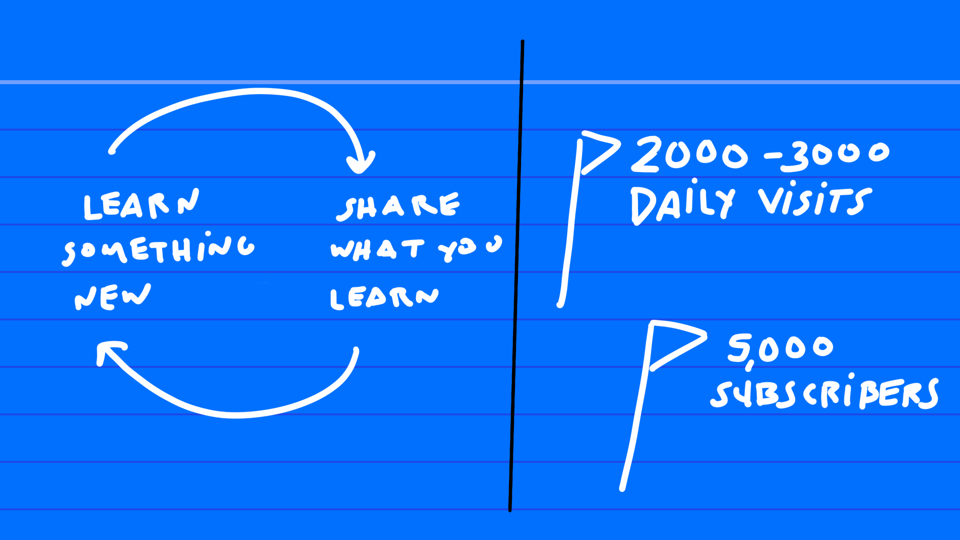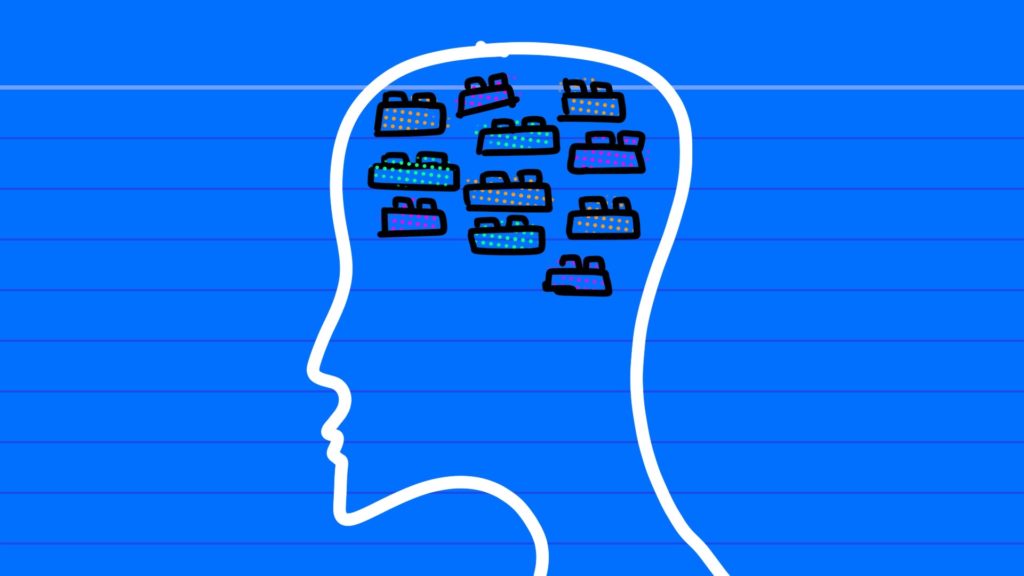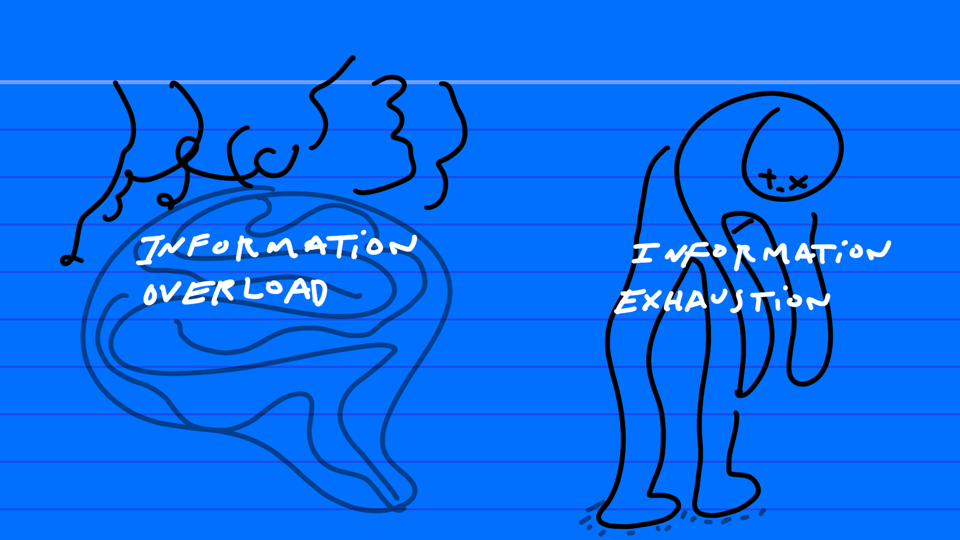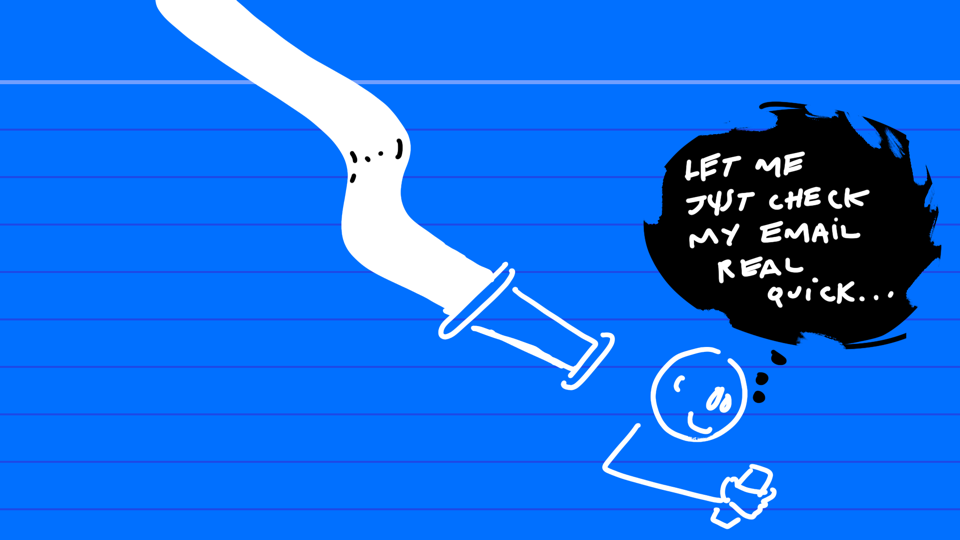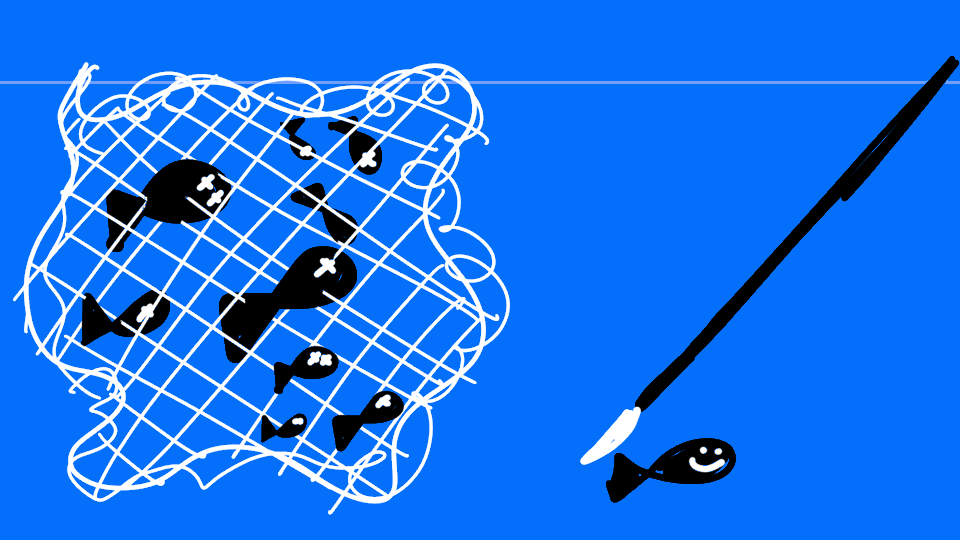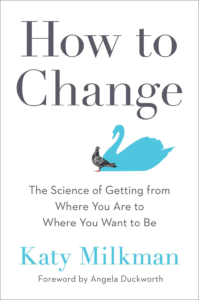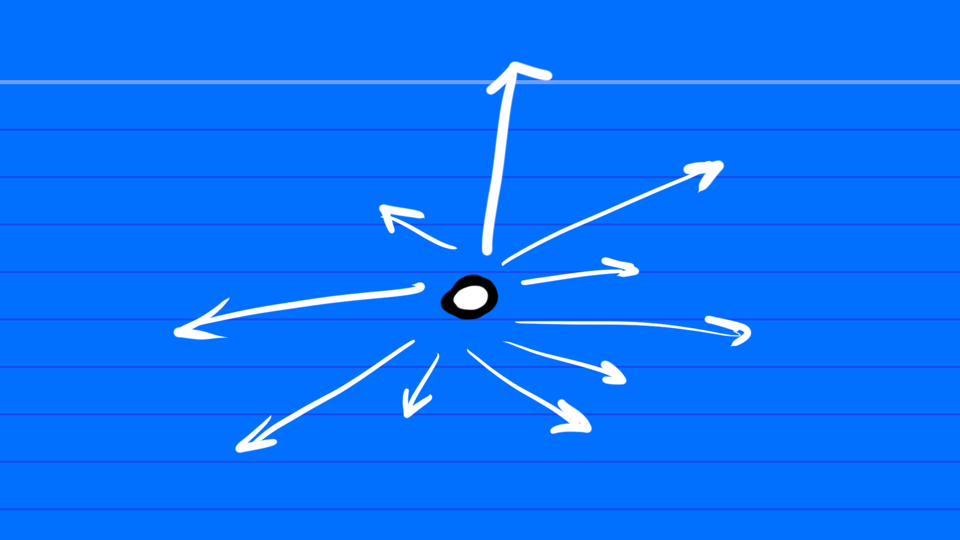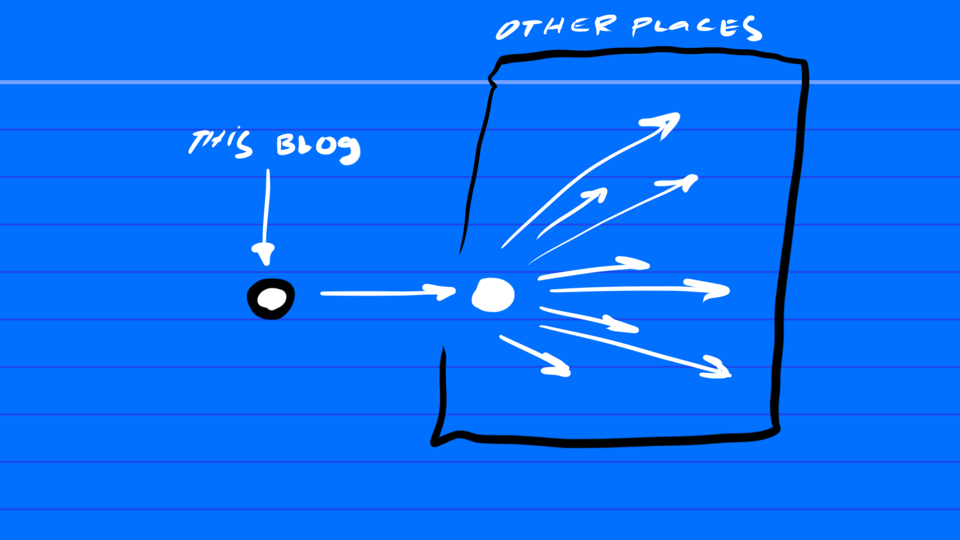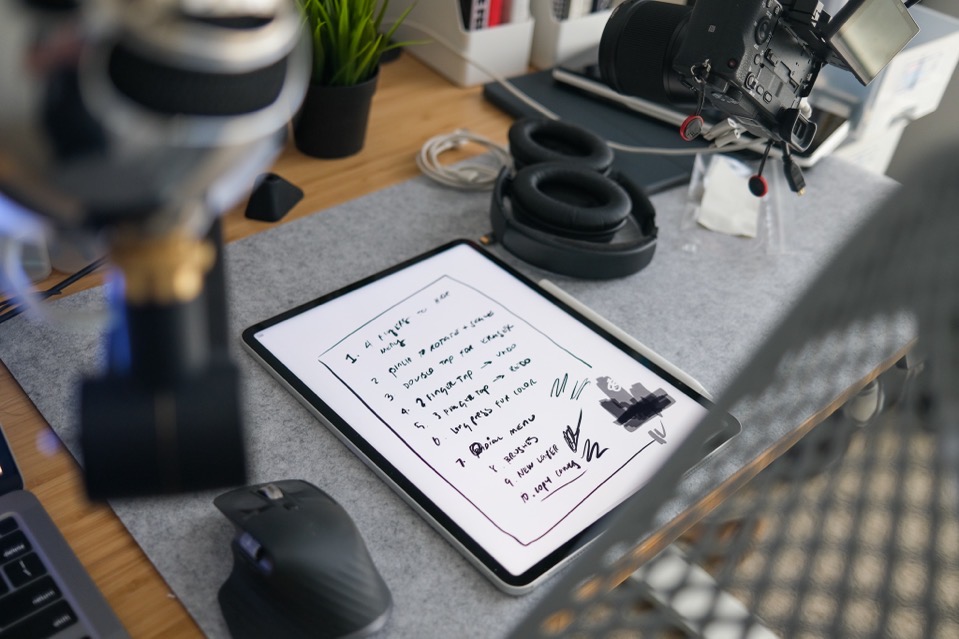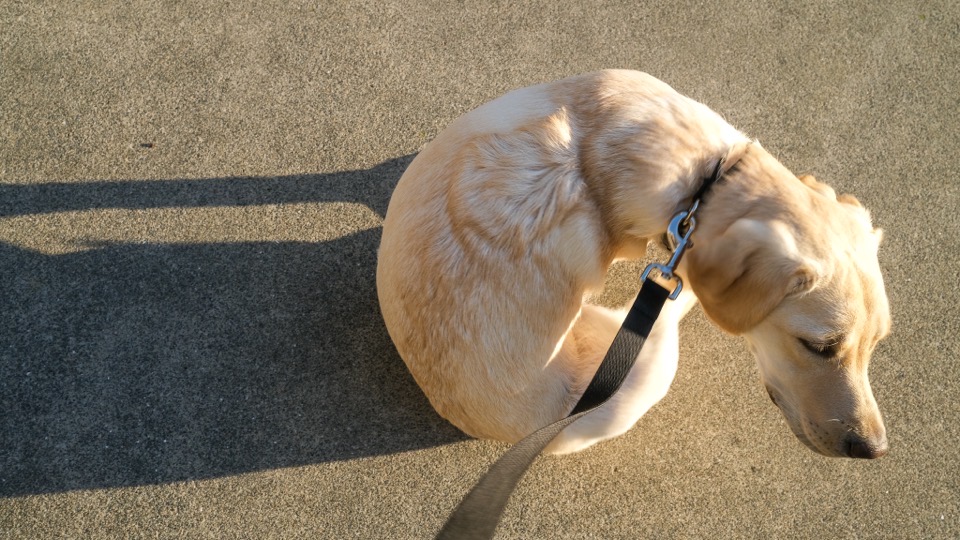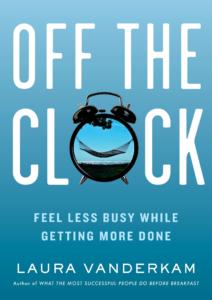“If they’re 21 today, start blogging. And when I say start blogging, I would say: learn one new, interesting thing each week. And then just blog about what you learned. Do that every single day, every week for a year. Try to get 2000 to 3000 people a day coming to your site through search.
The way you find out what to write about is you go to ahrefs.com and you buy a subscription. And that will teach you what to write, because it will tell you what people are searching for.
Try to rank for those words, build up an email list of 5,000 people, and then create a course and sell it to them.”
— Sam Parr
Okay so this episode got me fired up to… keep blogging. But to do it with a little more thoughtfully.
It also did give me some solid numbers to hit. Which basically would mean finding a way to increase daily traffic by 100x by next year. Sam was a high school and college track athlete and that reminded me of the whole 4-minute mile thing. If he put those numbers out there, then I have it in my head that it might be a reasonable thing to hit from scratch in a year.
I also am wayyyyyyyyyyyy past being a 21-year-old. And not in a “Gary V telling a 23-year-old they’re still young” way past. I’m more on the “it’s time to switch to the less risky ETF” end.
Still, there’s enough time to go for the long game.
One post at a time. (But hopefully a a slightly smarter post per day.)
